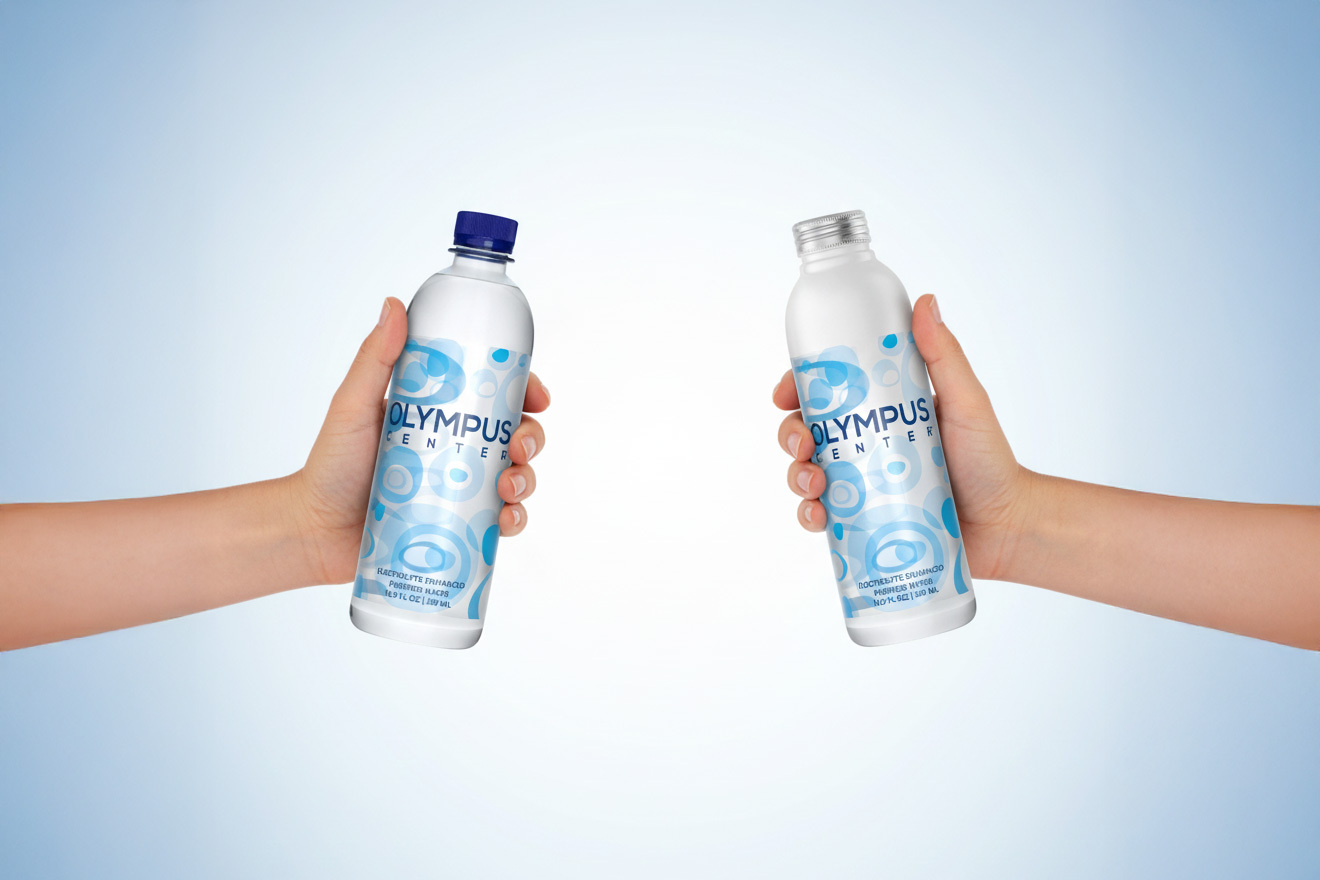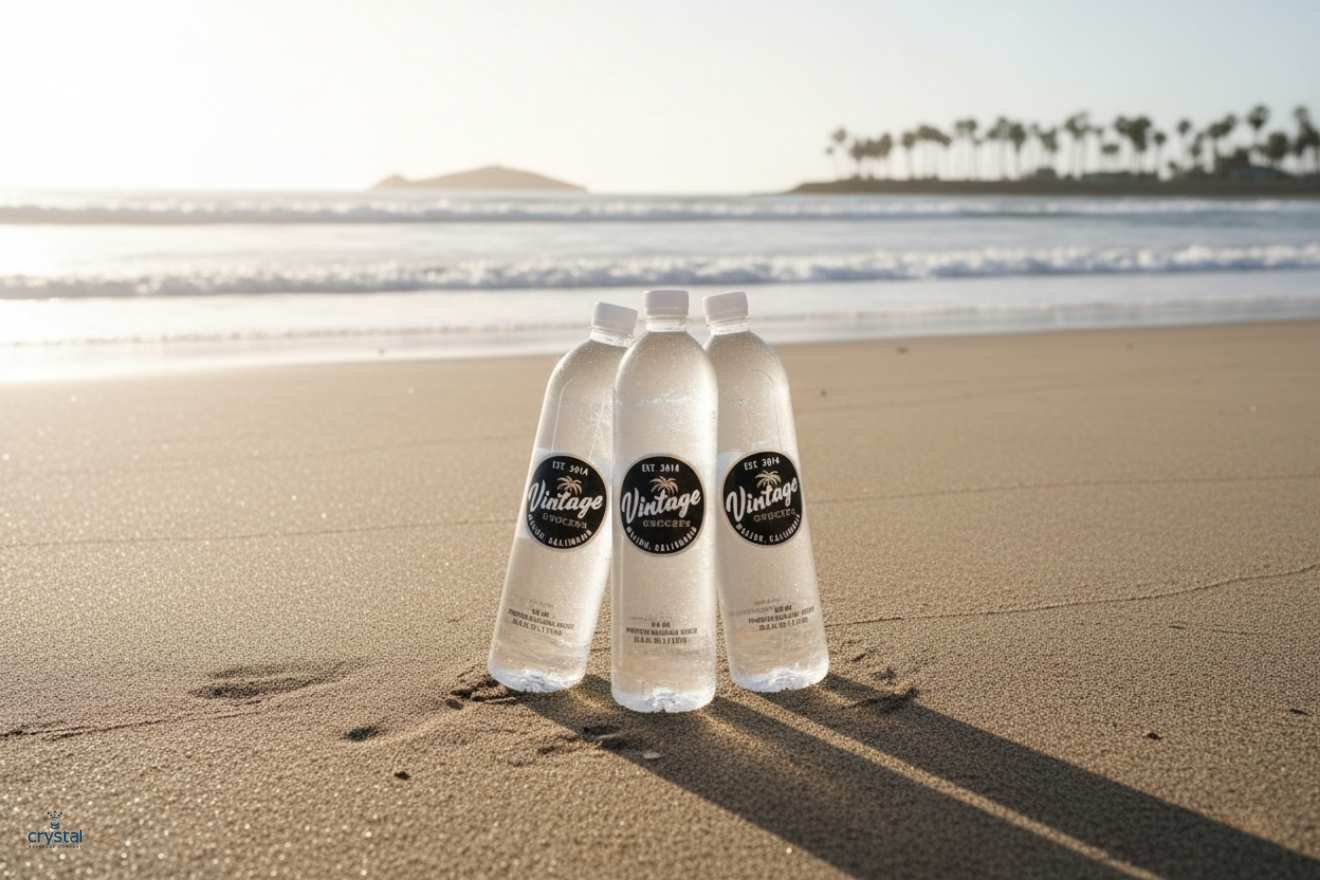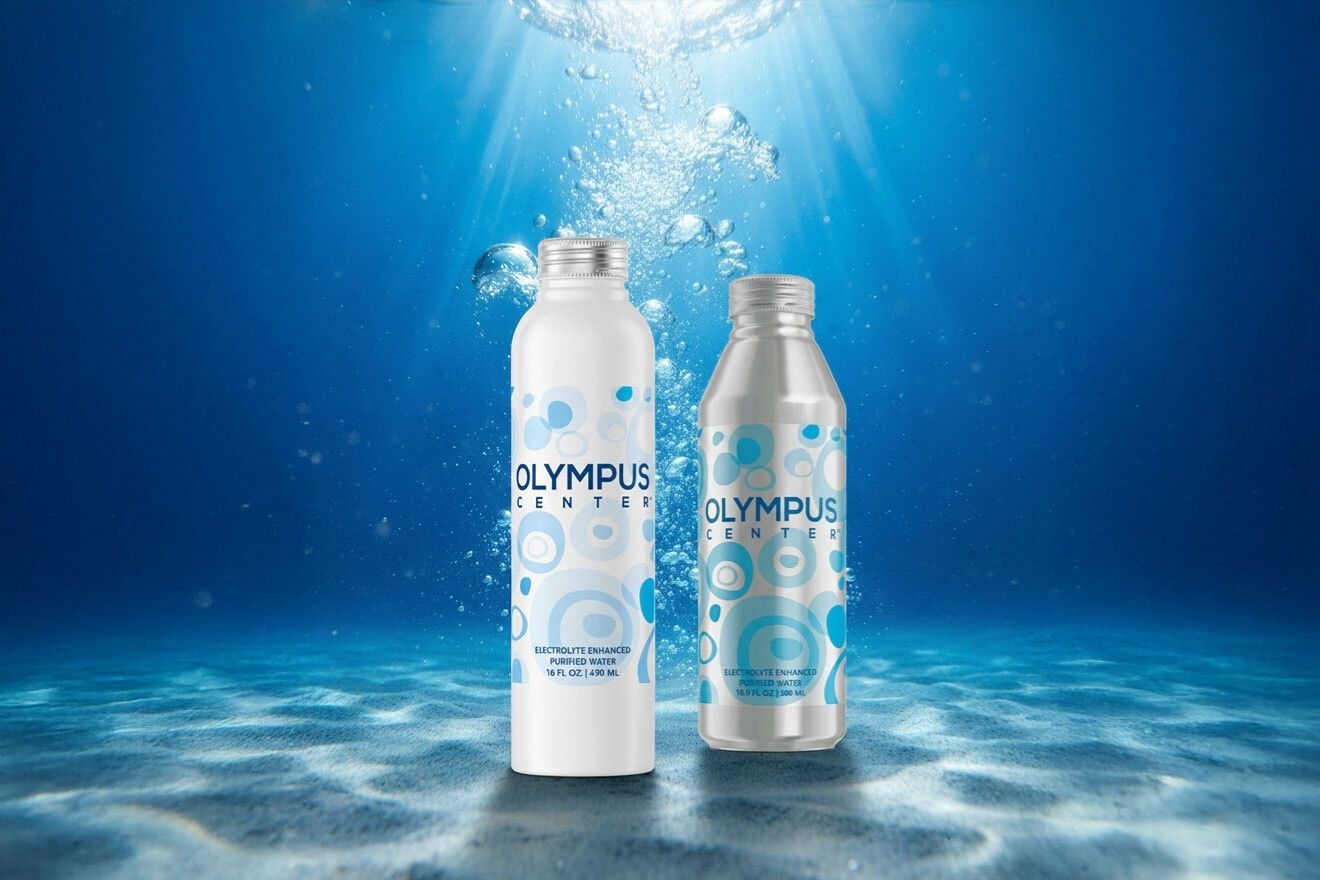Hard Water Vs Soft Water: Which One Is Healthier?


Hard water or soft water? In this article, we look at the differences between the two water types and whether one is safer and healthier to drink than the other.
WHAT IS HARD WATER?
Hard water is water that contains a significant amount of dissolved minerals such as calcium and magnesium. When there’s an excessive presence of these minerals in the liquid, there’s always a good chance that the water will be ranked as hard water. High concentrations of these minerals in water also mean that consuming hard water can help the human body get its recommended daily intake of magnesium and calcium.
A widely speculated but unproven claim that accompanies hard water intake is that it helps promote cardiovascular benefits. But while magnesium and calcium are two important minerals for the body, they are considered inessential for water usage. As a matter of fact, hardness in water can pose negative effects on your health and home.
WHAT IS SOFT WATER?
Unlike hard water, soft water is a gentle type of water that is free of excessive amounts of minerals that can damage your home and body. To put it simply, this water type is generally more gentle — in composition and its effects. Without the presence of calcium and magnesium in the mix, soft water is known to prevent scale buildup in your appliances and pipes at home.
The good part? It makes soap washing highly effective and can help complement the germ-fighting properties of the material — a stark difference from hard water which is known to render soaps ineffective. When it comes to health, this softer water type is the healthier choice as it can help promote moisture in your skin and hair, leaving them extra soft and silky smooth after every wash.
HOW TO TELL DIFFERENCE BETWEEN HARD AND SOFT WATER
Since you can’t tell just by looking at it whether a water is hard or soft, here’s a compilation of the common features and signs for each water type:
HARD WATER
- The appearance and feeling of film on the hands after washing with water - Soap scum is formed when the soap reacts to the water with calcium. If you start seeing and feeling this extra residue on your hands, it’s best to just continue rinsing your hands until you get rid of the soapy film.
- The appearance of spots after using the water - Deposits of calcium carbonate from hard water may often manifest in the appearance of spots. These will commonly appear on glasses and silverware from the dishwasher.
- You start seeing mineral stains because of the water - Do you see hard yellow stains on your clothes every time you do the laundry? If your answer’s yes, cut yourself some slack and stop worrying whether you washed them thoroughly enough or not. Mineral stains often appear when hard water is used to wash fabrics in the washing machine.
- You’re experiencing less water pressure - Apart from mineral stains, deposits of these minerals can form in your home’s piping system. Continued usage of hard water may result in reduced water flow coming into your faucets and shower areas.
SOFT WATER
- You get a soapy lather when using the water for washing - Whether it’s washing your hands, body or even clothes and the dishes, soft water is certain to work up a healthy amount of lather with any soap.
- No appearance of mineral stains brought by the water - With soft water, clothes come out cleaner and softer regardless of any laundering method. The absence of mineral stains is also a noteworthy sign that hard water is not present in the mix.
- You’re getting healthy water pressure - Without any deposits of minerals in the piping system, your home can continue receiving uninterrupted water flow.
- The water has a slight sodium-like taste - If you’re also using soft water as your go-to drinking water, you can expect the liquid to contain a slight hint of sodium in its taste. In most cases however, the difference in water taste can be quite imperceptible to notice anything.
THE BOTTOMLINE: WHICH WATER IS HEALTHIER FOR YOU?
While both water types are safe to drink and use, choosing the softer H2O is proven to be more ideal when it comes to health and overall home cleaning. It is made up of a gentler and more delicate composition than hard water, making it tough to beat in any front.
However, there’s also one exception: people with high blood pressure are better off drinking hard water as it has a lower sodium content. Conversely, people that need to reduce on daily calcium and magnesium intake should also avoid hard water and opt for the softer liquid.






